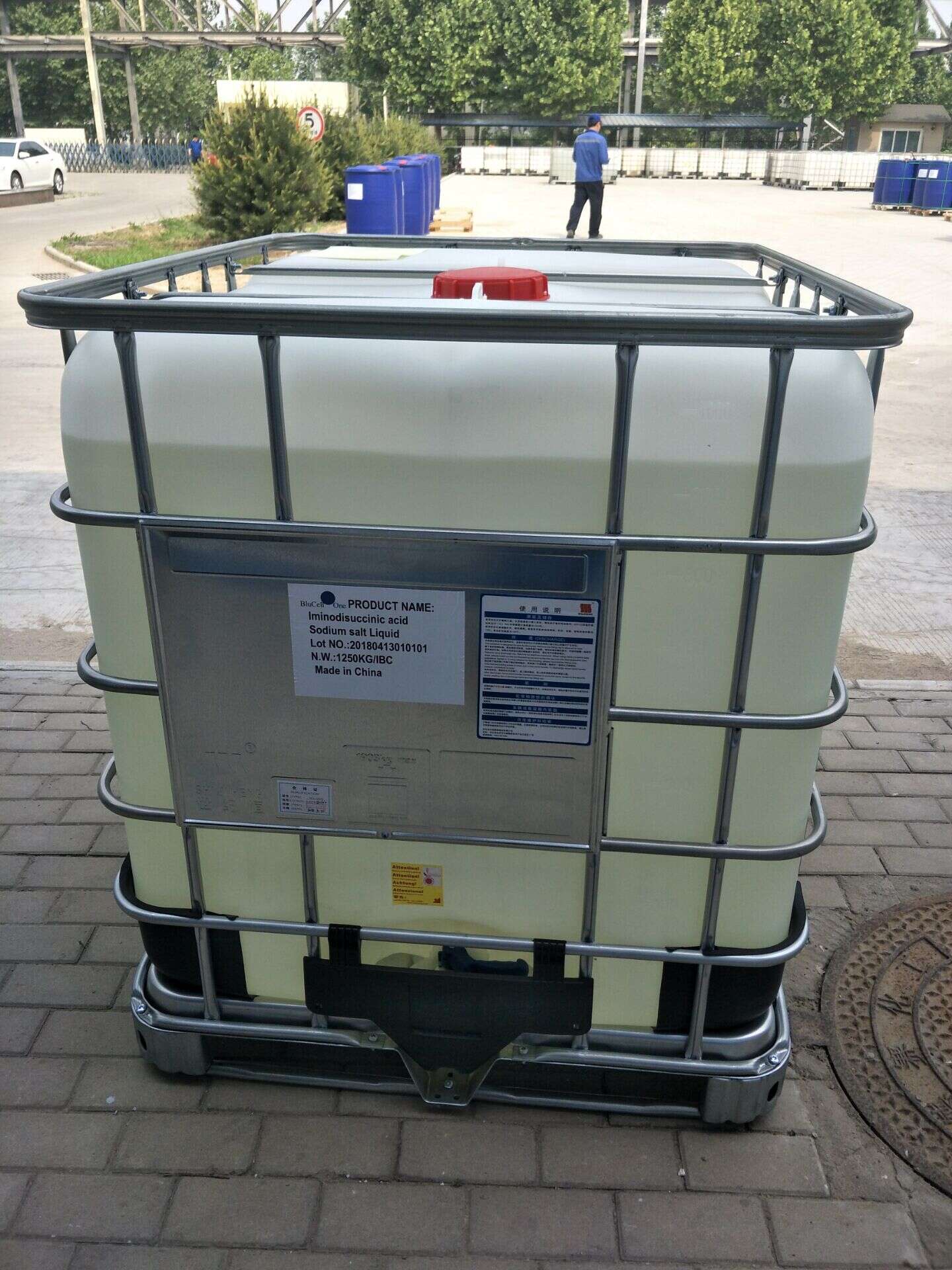-
Categories
-
Pharmaceutical Intermediates
-
Active Pharmaceutical Ingredients
-
Food Additives
- Industrial Coatings
- Agrochemicals
- Dyes and Pigments
- Surfactant
- Flavors and Fragrances
- Chemical Reagents
- Catalyst and Auxiliary
- Natural Products
- Inorganic Chemistry
-
Organic Chemistry
-
Biochemical Engineering
- Analytical Chemistry
-
Cosmetic Ingredient
- Water Treatment Chemical
-
Pharmaceutical Intermediates
Promotion
ECHEMI Mall
Wholesale
Weekly Price
Exhibition
News
-
Trade Service
Global Chemicals Quick Review
The supply outlook for the Asian acrylonitrile market is mixed
The supply outlook for the Asian acrylonitrile market is mixed, as new capacity in China may coincide with upcoming plant overhauls in some parts of Asia
.
In September this year, China's Jiangsu Sirbon Petrochemical Company's 260,000-ton acrylonitrile plant was completed and put into operation, and its total acrylonitrile production capacity reached 520,000 tons
.
Shandong Haili Chemical restarted work on October 8 after shutting down in March due to steam pipeline problems
.
However, some acrylonitrile producers in Northeast Asia will shut down for maintenance
in October.
South Korea's Dongxu Petrochemical Company will also close its No.
4 plant with an annual capacity of 245,000 tons of acrylonitrile in mid-October for a one-month overhaul
.
Taiwan's Sinopec Development Corporation will also close its 240,000-tonne acrylonitrile plant for maintenance
between October 25 and November 15.
The European petrochemical industry is overcast
The current uncertainties pervading Europe's petrochemical industry stand in stark contrast
to last year's optimism.
The global economic stall, US-China trade frictions, the UK's "no-deal Brexit", and the decline in production in the European (especially Germany) chemical industry have cast clouds over the European petrochemical industry, and European petrochemical companies are facing an unknown road
.
Fears of a recession in the eurozone are growing
.
IHS Markit forecasts European economic growth of 1.
1 percent this year, down 0.
8 percentage points
from last year's growth.
According to the German Chemical Industry Association VCI, the performance of the German chemical industry in the second quarter was disappointing, with both output and capacity utilization declining; Although chemical prices continue to rise, it cannot save the decline in chemical sales revenue; Demand for chemicals in Germany's domestic market was weak in the second quarter, and demand in Europe, its most important export market, also declined
.
The global lubricant additives market is set to grow moderately
Consulting firm Klein expects global demand for lubricant additives to grow at an average annual rate of 0.
5% over the next five years, from 4.
6 million tons in 2018 to more than 4.
8 million tons in 2023, slightly slower than the growth rate of finished lubricants in the same period, due to a significant decline
in demand for marine lubricant detergents.
David Tsui, project manager of Klein Energy Practice, said at a recent webinar: "In general, the growth rate of lubricant additives will exceed the growth rate
of demand for finished lubricants.
This is because when you demand higher performance, higher specification lubricants, you will generally consume more additives
.
In the next five years, the growth rate of demand for lubricant additives is lower than that of finished lubricants, which is entirely due to
the significant reduction in demand for marine lubricant detergents.
”
Automakers will use more recycled plastics and lightweight plastics to improve the fuel efficiency of cars, but using a lot of virgin plastics
in cars is not in line with low-carbon development
.
As a result, the use of more recycled plastics in automotive parts has been adopted
by global automakers.
General Motors, for example, uses plastic caps, bottles and other recycled materials to make radiator covers
for some pickup truck models.
Japanese automaker Nissan uses fibers from PET bottles as a soundproofing layer
for instrument panels.
Similarly, Swedish automaker Volvo has pledged to use 25% recycled plastic in its cars from 2025, and its XC60T8 plug-in hybrid will have more than 60kg of plastic parts replaced by parts made of recycled materials
.






